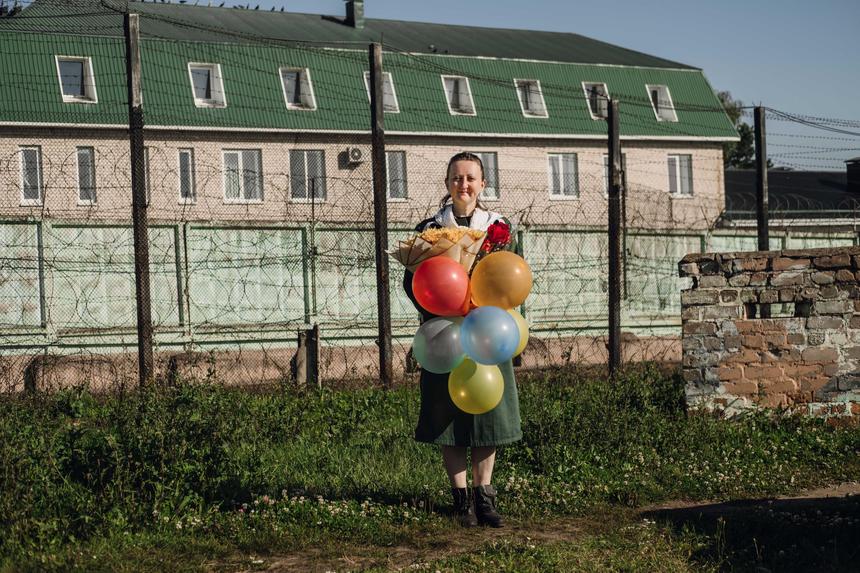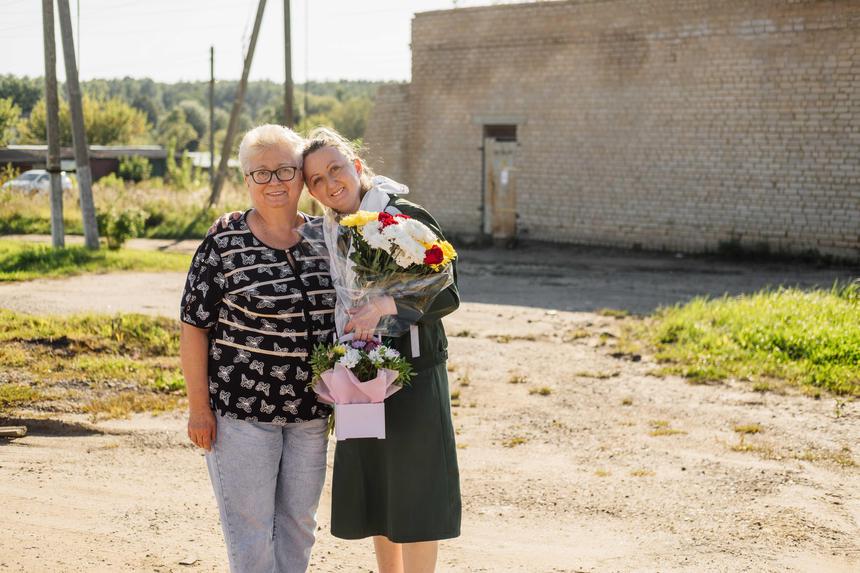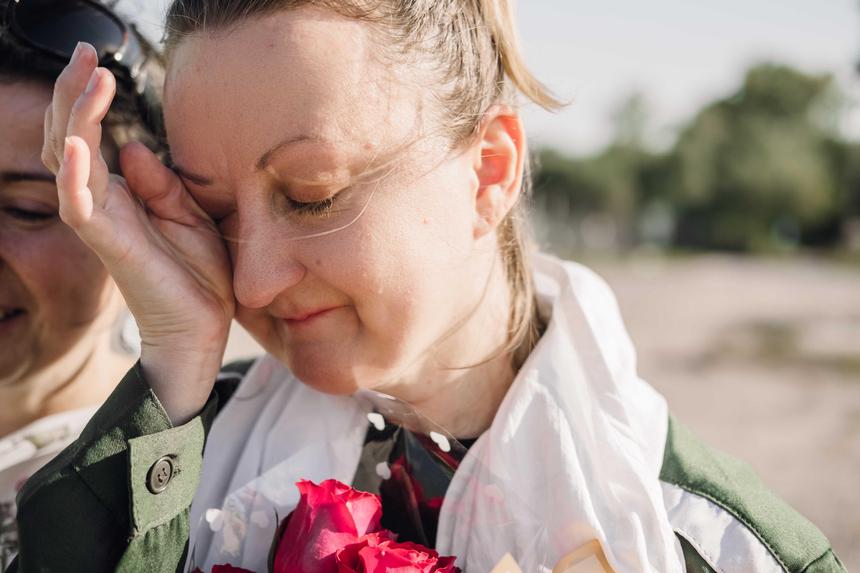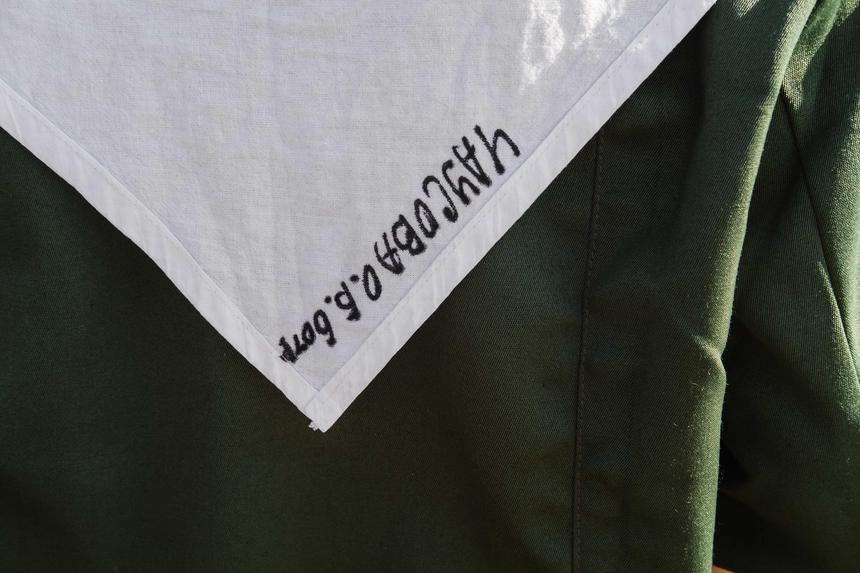On August 29, 2025, Oksana Chausova was released after 751 days spent under various forms of restriction of freedom — house arrest, prohibition of certain actions, imprisonment in a pretrial detention center and in a penal colony. Her husband, Dmitriy, also convicted for his faith, could not meet her, as he is still under restrictions.
Looking back, Oksana recalls that the living conditions in the detention center were not easy. The cell was so dirty that it took her several days to clean it. Furthermore, it was so cold that she had to wear warm clothes and even sleep in her jacket. Later, when Oksana was transferred to Penal Colony No. 6 in the Oryol Region, she faced a different kind of difficulty — bullying and pressure from other prisoners. "I didn't expect this," she admitted. "In my mind, I understood that objectively nothing particularly bad had happened, but I could not hold back my emotions, I cried all the time."
The Chausovs stated that being separated was the most difficult test that the prosecution brought. "For a long time, I could neither write to nor see my husband," Oksana recalls. "The first time we met was nearly 5 months after the arrest, at a joint court hearing. Oh, and what a meeting... And then again 2 months of complete silence. I cannot describe this pain." Dmitriy added: "When we went to court, we had a brief moment to find out how each of us was doing. When I saw Oksana, I was so happy — it was a support for me."
Prayer, comforting words from the Bible, as well as the support of her husband and fellow believers helped Oksana to withstand the difficulties. "Providing food and other necessary things is a huge task. We really appreciate those who spent their time and energy taking care of us," the couple said.
Persecution because of their faith is part of the history of Oksana Chausova's family: in Soviet times, her grandfather spent 6 years in a high-security correctional labor colony. Despite the hardships, he remained true to his beliefs. Oksana cherishes this legacy and often imagines how proud her grandfather would be of her resilience and loyalty if he could learn about her trials.
The Leninskiy District Court of Kursk sentenced the Chavusovs in December 2024 — they were given 2.5 years imprisonment. A few months later, the court of appeal commuted the sentence, reducing the term of imprisonment by 8 months. Dmitriy was released in the courtroom, as he had fully served his sentence in the pretrial detention center.






